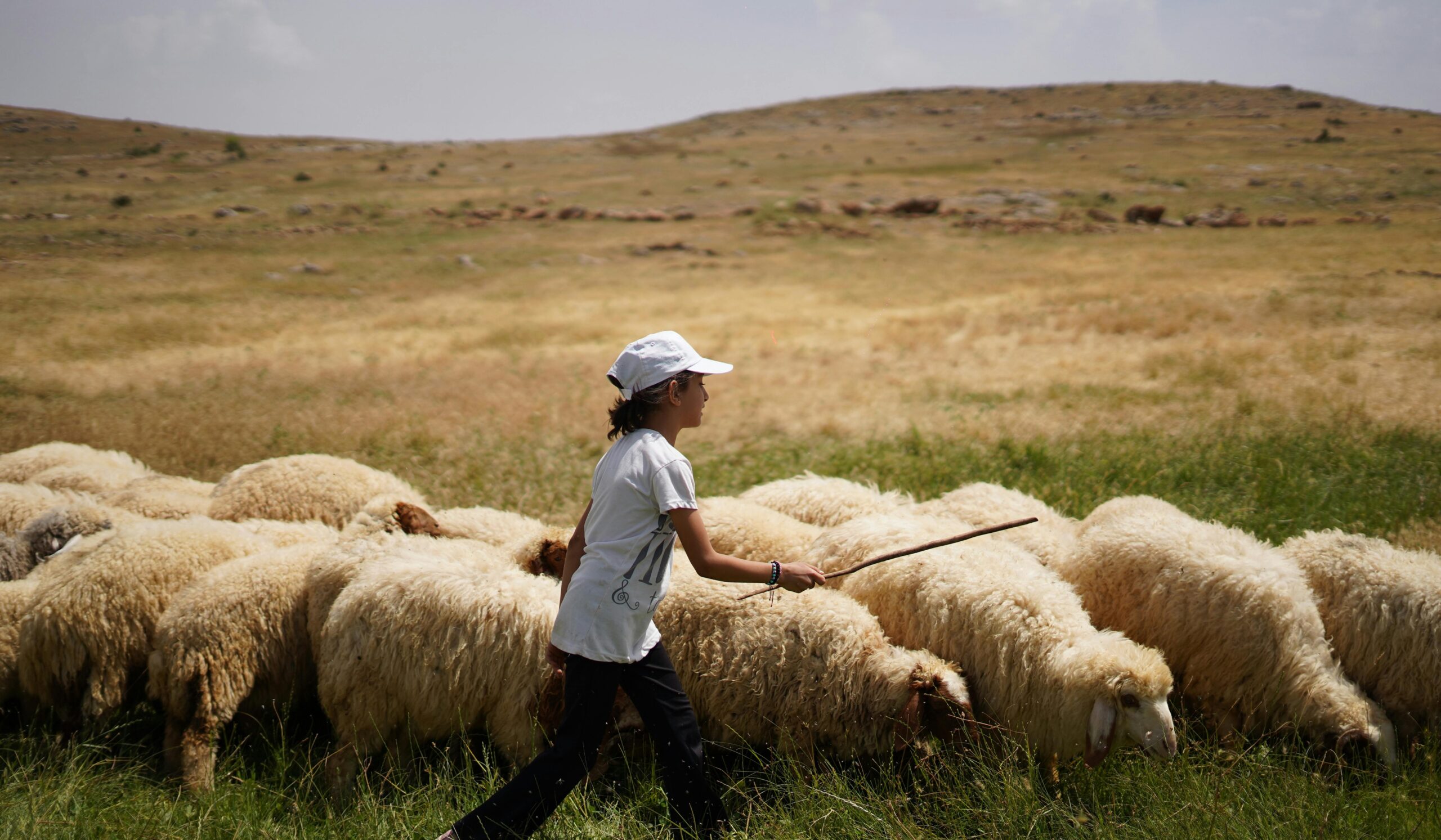
Educators: Five Ideas to Overcoming Burnout Without Quitting
“COVID-19 has been a blessing and a curse,” Jared told me frankly. Jared is a high school principal who finished his 20th year as an administrator this past spring. He went on to say his teachers have enjoyed the change of pace that the quarantine offered everyone but that he’s also seen a rise in teacher burnout.
An average of 16 percent of public school teachers change schools or leave teaching every year. This is over half a million teachers nationwide. In addition, when you count both traditional and nontraditional students, 36 million Americans have put their education on hold. In short, 1 in every 10 Americans will stop their education, and 1 in 8 teachers will stop his teaching.
What’s the downside of all of this?
A forthcoming study conducted by Vanderbilt education professor Gary Henry shows that losing a teacher during the school year is linked with a loss of between 32 and 72 instructional days for a student.
So, is there a way to prevent it?

Signs You’re Burning Out
I’m certainly not the first nor last person to comment on this important issue. However, it’s important each year to push pause and think about this issue afresh. The following are common symptoms of burnout to look for in yourself:
- Lack of desire for social gatherings.
- Change in your appetite (increase or decrease).
- Rise in complaining and negativity.
- Chronic fatigue or insomnia.
- Decrease in motivation.
- Sense of forgetfulness and brain fog.
Steps You Can Take
Let me suggest some responses you can take if you feel burned out or suspect you’re about to enter a point of no return.
1. Talk to someone wise.
Sometimes the last thing we want to do when we’re feeling stressed or burned out is to invite someone into our negative thoughts. Yet, this act offers us our best chance at gaining a larger perspective. Seeing an experienced friend, colleague, a counselor could be an excellent way to recover. Feeling burned out is not only normal, it is human. Working hard leads to exhaustion and failing to take a break can lead to a state of burnout and a desire to quit.
2. Find your “lounge” and build community.
The American Medical Association recently reported on a resurgence of doctors’ lounges and how they can be used to battle burnout. Teachers, who also work in a people-focused occupation, should look to build a sense of community and solidarity by using their teachers’ lounges in a similar fashion. Time spent there can be a chance to recharge and reconnect with colleagues.
3. Read and watch new content.
Depending on your temperament, simply getting away to read or to watch helpful content, such as TED talks, leadership development talks, or even something on YouTube can refresh your mind and motivate you to return. This is my top method for recovering from the “Starving Baker” syndrome. This is a Habitude reminding us we can be like starving bakers who spend so much time baking bread for others, they forget to eat and starve themselves.
4. Do something new for yourself.
When I begin to sense a negative attitude inside, I plan an experience that will help me out of my funk. I will take a day trip, get a massage, go to a ballgame, or see family members to get refreshed. Winston Churchill explains, “Change is as good as rest.” Ruts in our lives are formed over time and must be broken by deliberate reciprocal steps. It’s actually a selfless act on our part.
5. Insist on a rest day, and take a break.
Much of the time, when I feel burnout coming on, it’s directly associated with a lack of rest on my part. It’s my fault. A rest day includes eating differently and acting differently, where I take a break from my work and recover. Yes, I battle feelings of guilt (like many do), but I know I’ll be a better team member if I plan a day of rest and genuinely rest. I may not shave or do any of my normal routines.
Psychologists talk about life change units as causes for burnout and exhaustion. When we experience several changes in our lives, stress levels rise. COVID-19 brought loads of such changes–and teachers (along with parents) will naturally feel the angst that comes with the change. We need to expect it and combat it.
Candles or Brush Fires?
On our birthday, it’s customary to blow out the candles on a cake. It doesn’t take much to put those candles out, which is why we continue to do it later into our lives. Just a small breath is all it takes.
Brush fires are different. I lived in California for several years and got used to hearing about brush fires, even wildfires, every year. I also learned that when harsh winds come along, those fires grow stronger and bigger.
Isn’t it interesting that the same wind that expands a brush fire, extinguishes a candle? The same is true for us. Harsh times can either put us out or spur us on. While it’s a cliche, we can either burn out or burn on–depending on the inward strength we build into our lives.






